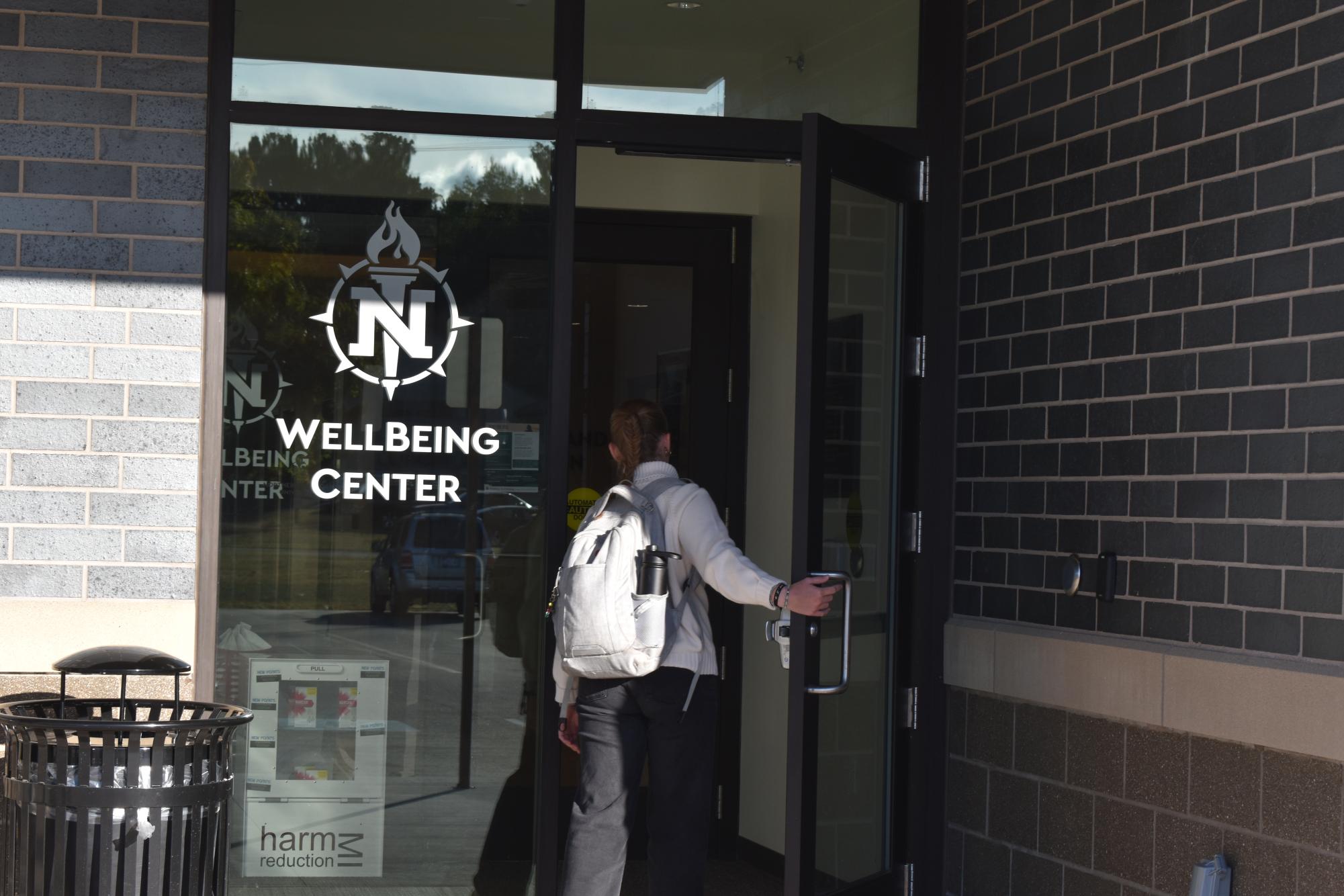Picture this: a freshman walks into their dorm for the first time, their walls bare. They are filled with excitement, but overwhelming nerves, too. After a few hours of unpacking their things, they say their last goodbyes to their parents and shut their door.
Now, it is just them along with their thoughts.
The transition into college can be a scary process from the start. With new friends, classes and places, it is common for students to feel alienated as they get used to the newest stage of their lives.
“This is the first time transitioning since middle or elementary school,” said Jean Kupper, a counselor with NMU WellBeing. “In high school you’re now moving to places where everything changes, and most people do not go to a school where they know someone.”
Students can feel isolated when they are left alone longer than they are used to, but this does not always have to be a negative thing.
“There’s nothing wrong with sitting quietly alone, because maybe that’s the first time you pay attention to all that’s available in the cafeteria,” Kupper said. “For the first time, you might pay attention and notice things about campus that you’ve never noticed before. Especially in today’s world, we are distracted by so many things. Being alone allows you to focus on yourself.”
With this in mind, students can discover their interests, focus on their studies and better themselves. A big part of college is often learning about oneself.
While finding peace in silence is important, college can also open many doors and become a foundation for lasting friendships. Although it can be daunting, Kupper recommends that students put themselves out there and meet new people. As they do so, students sometimes rush themselves into finding lots of friends quickly.
“Typically, it takes a year on average for a person to feel comfortable in their community, three months to adjust and three years to feel part of a community,” Kupper said. “Going to college, you’re not going to have your best friend in the first week. Having that intense social group that you remember from high school takes time, because it took you 18 years to develop those friendships before.”
Building relationships is a long process, and so is managing wellbeing while new stressors appear in one’s life. Kupper offered tips on some of the best ways to cope with these struggles.
“Be in the moment of today,” he said. “You are in class now, you’re at the cafeteria, you’re walking down the hallway with someone you just met. Be in the moment. Not what you are going to do tomorrow, or what friends you are going to make, or what friends you left behind. Just be in the moment today and recognize what experience you are enjoying right now.”
The last piece of advice Kupper offered was to take advantage of the opportunities offered on college campuses. He mentioned that there are many things to do that are often overlooked and suggested the Hub as a great place to search for upcoming events. Social events can be an important part of the college transition, so one should search for them whenever they get the chance. The Wellbeing Center is also a place students can go to seek counseling if they need it.
“Go out and try new things, go somewhere that you have never been before,” Kupper said. “Attend something you have never attended. Just use this time to make the curious part of your brain work.”








